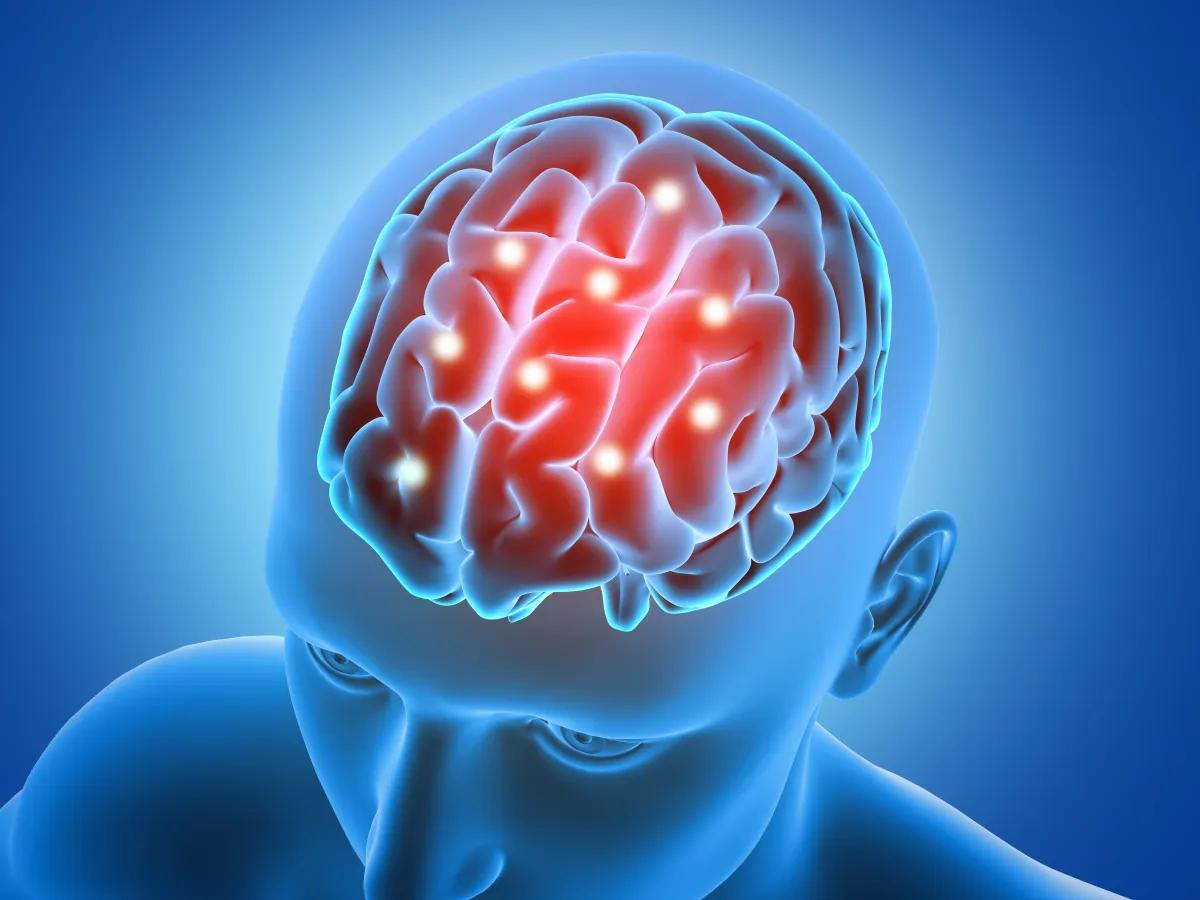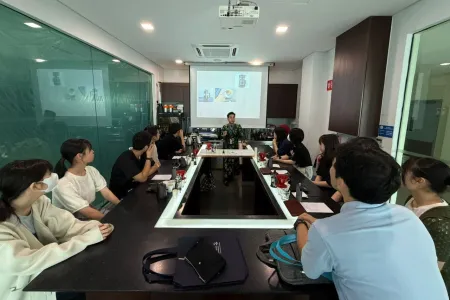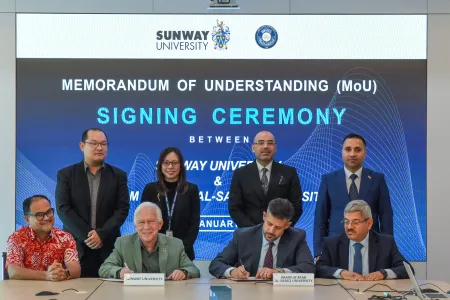Sunway University's Researchers Uncover the Secrets of the Brain
Image taken from Freepik
Countries all over the world are experiencing rapidly ageing populations. Malaysia is no exception. The Department of Statistics Malaysia estimates that by 2040, around 17.3% of the population – equivalent to approximately 6.4 million Malaysians – will be aged 60 and above, with this figure expected to reach a staggering 23.4% by 2050 (Malay Mail, 2024).
To better support ageing populations, governments worldwide are making significant investments in ageing research. However, one crucial aspect often overlooked is the impact of ageing on cognitive abilities—the brain's capacity to think, understand, and process information. This includes vital functions like decision-making, memory, and attention.
A landmark study recently published in a reputable scientific journal: Nature’s npj Aging, funded by the Ministry of Higher Education, has put Malaysia on the map of global cognitive aging research. Neuroscientists from Sunway and Monash have found that in a sample of ~400 Malaysian senior citizens (≥ 60 years), people who are slow to make decisions when instructed to on a simple game also show uniquely ‘older-appearing’ brains.
The study’s lead author and neuroscientist at Sunway University, Dr Aleya Marzuki elaborates: “Older Malaysians who tend to take their time when responding or making decisions, remarkably, also show signs of very advanced brain ageing, as measured using a specialised scanning device called a magnetic resonance imaging (MRI) machine. As an example, a person who displays slow decision-making may only be 60 years old, but their brain could actually appear up to 10 years older.”
The study suggests this tendency for slow decision-making could be used as a biomarker for ‘pathological brain ageing’ and could be adopted in Malaysian clinics alongside routine tests for common brain diseases in older people, like Alzheimer’s disease.
But how can we best prevent cognitive difficulties and deteriorating brain health in older age? To answer this, the team at Sunway and Monash Universities had set out to explore possible factors impacting cognition in senior citizens.
“Understanding why cognitive problems arise in the first place is key for prevention” states Arjun Thanaraju, co-researcher on the study and final-year PhD candidate at Sunway University. “To achieve this, we embarked on a mission to gather a sample of older adults that embodies the rich racial diversity unique to Malaysia. It was also extremely important that we included people from more underserved communities in the study, for instance, those living in Projek Perumahan Rakyat (PPR – government subsidised housing). Alongside MRI scans and simple cognitive games, we interviewed them about their daily routines, lifestyles, physical health, food intake, mental health, prior education, and so on. In our efforts we managed to gather an enormous amount of data from each study participant.”
The results were striking; researchers found that, above other factors, older people who experienced more socioeconomic disadvantage across their life (i.e., in income, in education, in housing, and in career opportunities) also showed worse cognitive abilities in older age, particularly when it comes to ‘slow decision-making’, as described earlier. This was seen regardless of race or gender.
Furthermore, the study reveals how socioeconomic status impacts cognition, that is by first influencing brain structure. Using statistical modelling methods, researchers found that experiencing long-term socioeconomic stress may lead to a reduction of grey matter (which are sections of the brain containing neuronal cells) in brain regions important for cognition. This then has direct negative effects on cognitive abilities.
Dr Marzuki remarks “This is a powerful reminder of the hidden ways socioeconomic disparities shape our brain health over a lifetime. This should serve as a wake-up call to policymakers: addressing social inequality is not just an economic or moral imperative, it's a crucial public health strategy."
When reflecting on concrete steps to mitigate these concerning findings, Dr Samira Vafa, co-researcher on the study and Sunway University lecturer, suggests “To support cognitive health in senior citizens, especially those from lower-income backgrounds, we need more thoughtfully designed and widely accessible initiatives. These could include community-based events that promote social interaction—a proven way to stimulate the mind—and structured activities like puzzles, arts and crafts, or learning new skills such as languages.”
“But of course, it’s more important we tackle social and educational disparities before people attain old age," adds co-author Dr Chan Jee Kei, a psychological researcher at Monash University with expertise in socioeconomic conditions.
All in all, as the nation moves forward, prioritising both preventative measures and addressing systemic inequalities will be key to ensuring a vibrant and cognitively healthy ageing population.
The study article can be found at the link below.
This research was funded by a long-term research grant awarded by the Ministry of Higher Education to Sunway University.
The study authors would like to thank our undergraduate students from Sunway University and Monash University who volunteered to help with data collection efforts. They would also like to thank all participants who kindly dedicated precious time and energy to completing this study. This research would not have been possible without you all.






